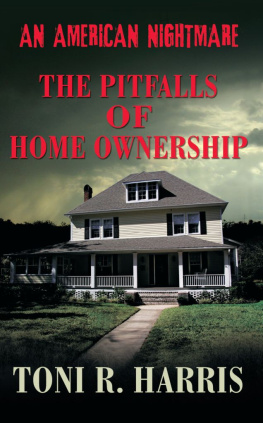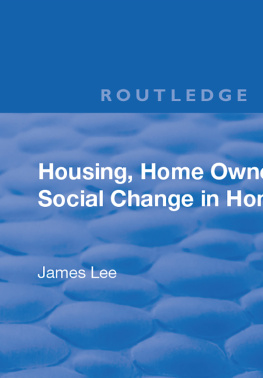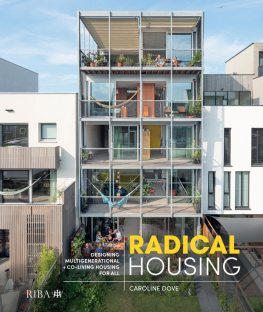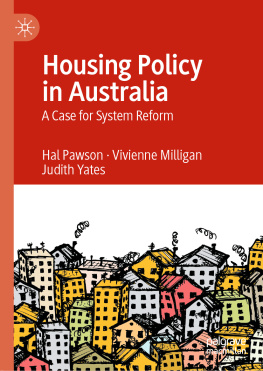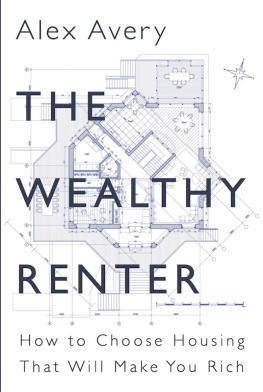First published in 1994 by Gordon and Breach Publishers
This edition first published in 2021
by Routledge
2 Park Square, Milton Park, Abingdon, Oxon OX14 4RN
and by Routledge
52 Vanderbilt Avenue, New York, NY 10017
Routledge is an imprint of the Taylor & Francis Group, an informa business
1994 OPA (Overseas Publishers Association) Amsterdam B.V.
All rights reserved. No part of this book may be reprinted or reproduced or utilised in any form or by any electronic, mechanical, or other means, now known or hereafter invented, including photocopying and recording, or in any information storage or retrieval system, without permission in writing from the publishers.
Trademark notice: Product or corporate names may be trademarks or registered trademarks, and are used only for identification and explanation without intent to infringe.
British Library Cataloguing in Publication Data
A catalogue record for this book is available from the British Library
ISBN: 978-0-367-64519-9 (Set)
ISBN: 978-1-00-313856-3 (Set) (ebk)
ISBN: 978-0-367-68530-0 (Volume 20) (hbk)
ISBN: 978-1-00-313800-6 (Volume 20) (ebk)
Publishers Note
The publisher has gone to great lengths to ensure the quality of this reprint but points out that some imperfections in the original copies may be apparent.
Disclaimer
The publisher has made every effort to trace copyright holders and would welcome correspondence from those they have been unable to trace.
Copyright 1994 by OPA (Overseas Publishers Association) Amsterdam B.V. Published under license by Gordon and Breach Science Publishers S.A.
All rights reserved.
No part of this book may be reproduced or utilized in any form or by any means, electronic or mechanical, including photocopying and recording, or by any information storage or retrieval system, without permission in writing from the publisher. Printed in Singapore.
Gordon and Breach Science Publishers S.A.
Postfach
4004 Basel
Switzerland
British Library Cataloguing in Publication Data
Winter, Ian C.
Radical Home Owner: Housing Tenure and Social Change
I. Title
333.338
ISBN 2-88449-028-0
For my mother Gillian Andrea Winter 19391992
HOME OWNERSHIP IN WESTERN SOCIETY
Cementing the Status Quo or a Force for Change?
Home ownership has expanded in the Twentieth Century to become the dominant tenure form in many developed societies. In countries such as Australia, Britain, Canada, New Zealand (N.Z.) and the United States of America (U.S.) between 60 per cent and 70 per cent of all households are home owners. Denmark, France, West Germany and the Netherlands have lower overall rates of home ownership, between 40 per cent and 50 per cent, but each has experienced significant growth of home ownership since the Second World War (Ball et al., 1988:91). The national housing histories that have produced these statistical similarities differ widely: whilst more than 50 per cent of Australian households were home owners in 1911, not until 1971 did a similar number of British households own their homes. In the past twenty years, however, the home ownership rate in Britain has raced to 67.5 per cent in 1991 with most of this growth in the 1980s.
Alongside these large percentages of home owners the tenure distribution of other households varies both spatially and temporally. In contemporary Australia 25 per cent of households are in private rental and only 5 per cent in public rental, whereas in Britain the ratios are practically reversed. Whilst in the early part of the Twentieth Century British households were overwhelmingly private renters their numbers have now dwindled to such an extent that private renting is a minor tenure. This variation in the tenure relativities of different nations is indicative of how the make-up of housing tenures is culturally specific. Bearing this in mind and as the social scientific contributions to the understanding of housing tenure are primarily drawn from North America (for example, Pratt, 1986a, 1986b, 1986c, 1986d, 1987, 1989) and Britain (for example, Saunders, 1977, 1978, 1982, 1984, 1986, 1989, 1990) an analysis of housing tenure in a different cultural context can provide an important counterbalance to existing material. Hence, the primary data for this examination of housing tenure are drawn from three case studies in Australia in which we are concerned with the two main tenure groups, home owners and private renters. Secondary data from a range of countries in which home ownership is a significant tenure (the U.S., Canada, Britain and N.Z.) are also drawn upon to examine the relevance of the arguments to be presented beyond the confines of the three case studies and the Australian scene.
One of the key forces behind the growth of home ownership throughout the Twentieth Century has been the bipartisan political support that it has enjoyed. In Britain, most recently, this support took the form of large discounts for those wanting to purchase public housing and it is Mrs Thatchers benevolence towards public housing tenants that is largely responsible for the rapid rise in Britains home ownership rate through the 1980s. Was the council house sales program an act of benevolence, though, or was it an act to promote social and political stability? For it is such stability that politicians believe home ownership can magically bestow. The comments of Australian politicians over a number of decades are typical:
Home ownership generally means better home life, and better home life must unquestionably be reflected in better citizenship. (Makin, Labor member for Hindmarsh, South Australia, Commonwealth Parliamentary Debates, 1927, 116:669 cited in Williams, P. 1984:180.)
Home ownership is also the basis of national social security. If we desire to rid the community of communism, and to safeguard the best interests of the nation, we must provide every opportunity to the people to acquire their own homes. (Costa, 1952:2354, cited in Kemeny, 1977:48) (Costa, D. 1952 House of Representatives speech on second reading of Loan (housing) Bill (1952)). Commonwealth of Australia: Parliamentary Debates (Hansard). Session 1951-53, Vol. H of R.1 (New Series).
[Home ownership] would not only make a better citizenry generally, but also would promote greater industrial harmony. I feel that if a workman owned his house and therefore had a great interest in it, he would be disinclined to be influenced by extraneous matters raised by a few demagogues. (Jones, 1972:120 citing Mr Duggan, Deputy Premier of Queensland, 1953.)
The political sales-talk has been about giving people a stake in the systema set of property related interests. Such interests constitute a stake in the system due to an association between domestic property rights and the private property rights essential to capitalist social relations. Buying a home has been sold, if youll allow me, as the equivalent in principle of owning a factory or some other form of the means of production. As such, the interests of the home owner are equated with the interests of the factory owner and each, as a central part of the private property relations essential to capitalism is bound to support the status quo.
Portraying home owners as stable pillars of the community, however, not only denies home owners the right to defend their property interests in ways that may be improper, it also denies that the defence of such interests may lead home owners into courses of social action that in fact oppose dominant social relations and challenge the status quo. And it is precisely this, how home ownership can provide a basis for oppositional strategies, for social action that is confronting rather than conforming, that this book reveals. In so doing we will develop a new understanding of the sociological significance of home ownership.



